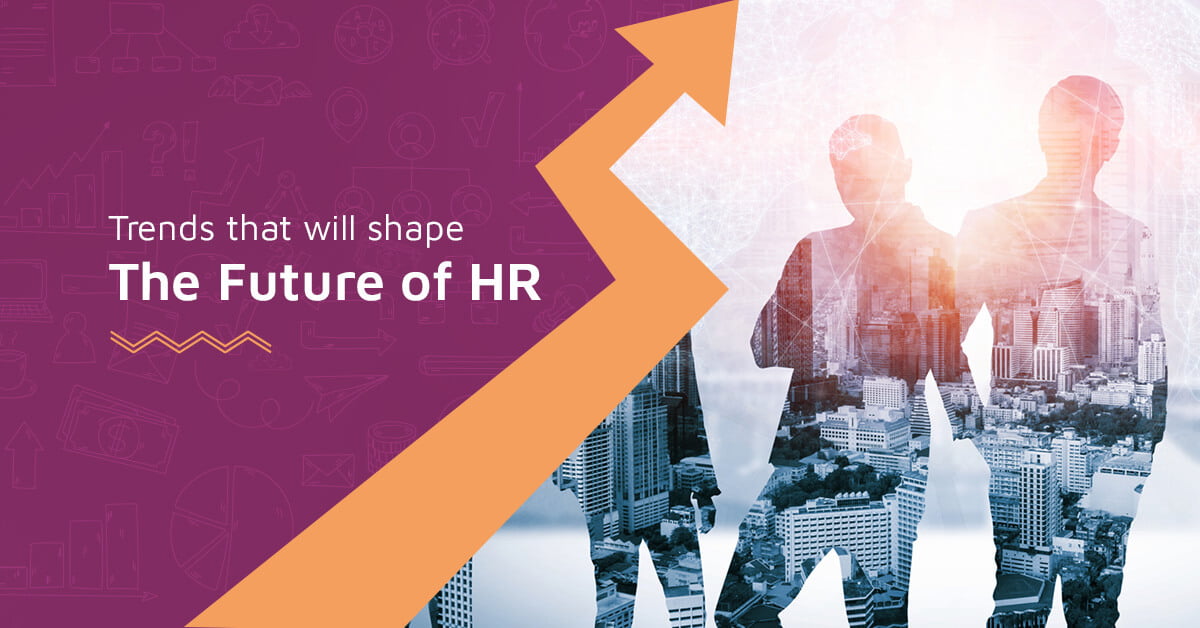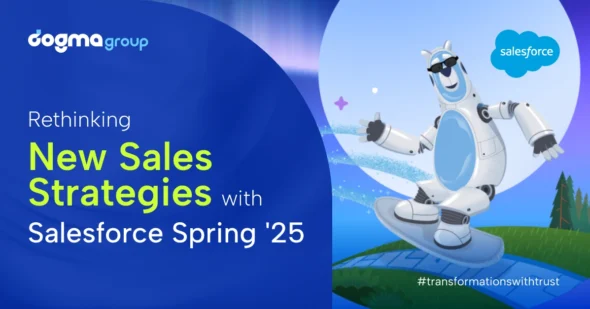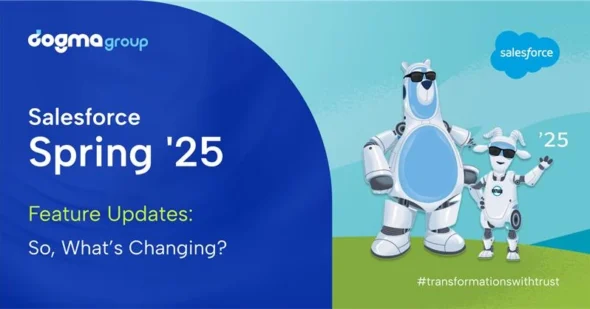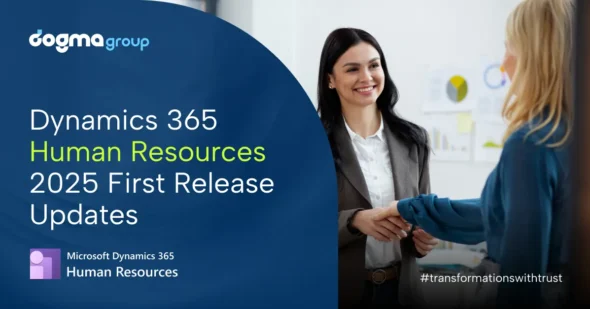With the rise of artificial intelligence, workforce diversity, and growth of the gig economy, there has been an avalanche of changes and disruptions on the HR industry. Adaptable workforce, AI-powered hiring, and employee self-service are some of the trends of the modern workplace.
To deliver business continuity in the fluctuating landscape, HR needs to pace its steps swiftly and move to an end-to-end human resources management solution. While many trends are changing the workplace, the seven highlighted below are shaping the future of HR.
Trend #1: Employee experience – the significance of employee wellbeing, culture, and engagement
The actual power lies in creating a wellbeing culture, making a pledge to wellbeing at the individual, team, and organisational levels, and equipping employees with technology that encourages wellbeing behaviors.
People need and desire work flexibility for diverse reasons. Work flexibility also makes it simpler to hire and retain a diverse workforce. It is not just about working parents but also people with health issues, and people living in rural areas. Companies are addressing this challenge in several ways with a focus on:
- Pleasant environment – companies are looking to build strong connections between employees by encouraging regular team-building experiences. For instance, Microsoft Teams will enable you to work together, stay connected, and uncover innovative ways to be productive from anywhere.
- Work-life stability – most companies recognise healthy and happy employees are more efficient and have numerous initiatives advocating wellness
- Flexible working – organisations today are supporting employees to work from home, or with more control over time. The cloud is becoming a core component for businesses offering flexible working opportunities as it can allow employees to access documents, data storage, and collaboration tools from anywhere, at any time of day.
Trend #2: Reducing HR’s workload with employee and manager ‘self-service’
“71% of HR heads are spending more time on business issues not related to HR or talent”- CEB HR Trends report
Self-service cuts the guesswork out and empowers employees to stay in the know without emailing HR constantly! Self-service HR will not only save your HR team’s valuable time by processing easily resolvable requests, but it will also empower your workforce by making them self-reliant. Moreover, by removing the frustrations of wait times and barriers to information, your employees will become more committed to the business.
Human Resource Management Software (HRMS) like Dynamics 365 HR allows employees to complete various HR-related tasks like – handle profile updates, training, performance-tracking, and time-off requests – by themselves, allowing the HR team to avoid several administrative chores!

Trend #3: People analytics & AI – meaningful insights will inform talent decisions at every level
More and more, companies are using data about their workers to develop staff recruitment processes, boost company productivity, spot trends (like sickness, depression, and other behaviour patterns). The key lies in spotting “essential human skills” and making informed decisions. AI helps you perform employee’s skill gap analysis, sentiment analysis, staff metrics, training metrics, and turnover metrics. These “people analytics” provides meaningful insights and let you decide, whom to hire, whom to promote, and more.

While you may be anxious about technological innovation, you should see it as a significant opportunity: combining workers and machines may create new jobs, boost productivity, and allow HR leaders to focus on ‘human’ aspects of work. Microsoft Dynamics 365 Human Resources is one such solution that will allow you to truly understand your employees and discover workforce insights that help drive better decisions.

Trend #4: Promoting diversity and inclusion
As businesses strive to become more global, digital, and transparent, we cannot neglect the issue of diversity and inclusion. Today more than ever, employees attach increasing importance to these principles, and consumers and the public, in general, have become more exacting in their demand for respect for ‘cultural diversity’ and ‘gender equality’. Promotion by the HR department of a policy that encourages diversity and inclusion among employees will not only make companies more prolific and innovative, but it will also enhance their brand image and prestige.
Trend #5: Multi-generational workforce- Gen Z, millennials, and beyond
The predominance of millennials in the workforce, growing representation of freelancers and contract workers has made the modern workforce more diverse. Today, HR departments need to deliver to a multi-generational workforce that demands more flexible work options. That means, businesses need to be agile in adapting human resource practices. Also, keeping track of Rota management, workload, and payroll for these various work type can complicate things; therefore, a good HR software can solve and automate all these.

Everybody values work-life stability, better compensation and benefits, and a positive work ethos. But there are some subtle overarching trends worth noting. Differing to some common opinions, Baby Boomers (age 55 to 73) put the highest priority on working for a company with a purposeful mission. Meanwhile, Gen Z, is highly prone to value training — 36% call training a top factor when considering a new job.
To attract and retain talent from all ages, you need to carve out new career paths, launch more flexible benefits, and find innovative ways to share intelligence. Solutions like Dynamics 365 HR allows you to easily track employee accomplishments, ensure employees complete required certification, and recommend additional training.
Trend #6: Consider “Soft Skills” to be Power Skills
“92% of talent professionals say soft skills matter as much or more than hard skills when they hire, and 80% say they are increasingly important for company success”. – LinkedIn’s annual Global Talent Trends 2019 report.
Soft skills are more about the way you perform your tasks, for instance, your ability to overcome obstacles creatively or work as a team. As AI and automation continue to reform organisations, and jobs, soft skills—the one thing that machines cannot replace—are becoming extremely crucial!
While everyone admits that soft skills are valuable, most companies still struggle to assess them accurately—and only 41% even have a formal process in place to measure them.
With the power of Microsoft’s HR solution, you can optimise your HR programs and evaluate your employee’s skills better by standardising evaluations and turning to AI-powered tech solutions.
Trend #7: Competitive labor market and the need to invest in ‘Employer Branding’
“72% of recruiting leaders worldwide agreed that employer brand has a significant impact on hiring.”- Global Recruiting Trends for SMBs
To attract and retain the most qualified workers and to best serve candidates, HR leaders must take conscious steps to create a compelling employer brand! For this, employers are focusing on metrics like retention rate, satisfaction, application rate, and employee engagement to make their employer brand better. With so much competition for talent in profoundly skilled job sectors, organisations are also focusing on their external employment brand and leveraging notions from sales & marketing such as pipeline and customer touchpoint management to win the best candidates. 59% of recruiting leaders worldwide are investing more in employer brand.
Keeping these trends in mind, HR leaders today can prepare for a dynamic and exciting future of HR. People are the most valuable asset, and your business needs to enable them to do the best job they can. And that’s where Dynamics 365 HR can help as Microsoft continues to envision HR professionals as the ‘workplace enablers’.
If you would like to know more about how you can take advantage of Microsoft Dynamics 365 Human Resources, get in touch with us at +44 01296 328 689 or email us at info@dogmagroup.co.uk.





